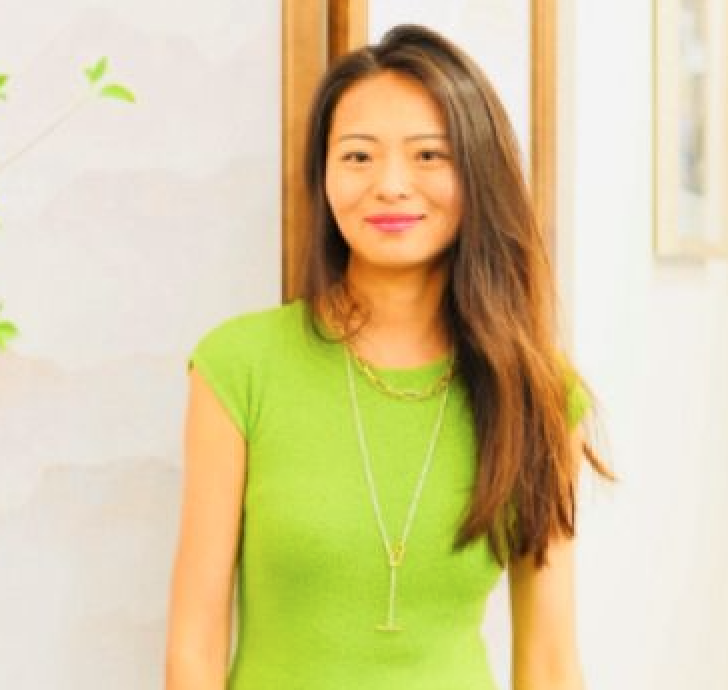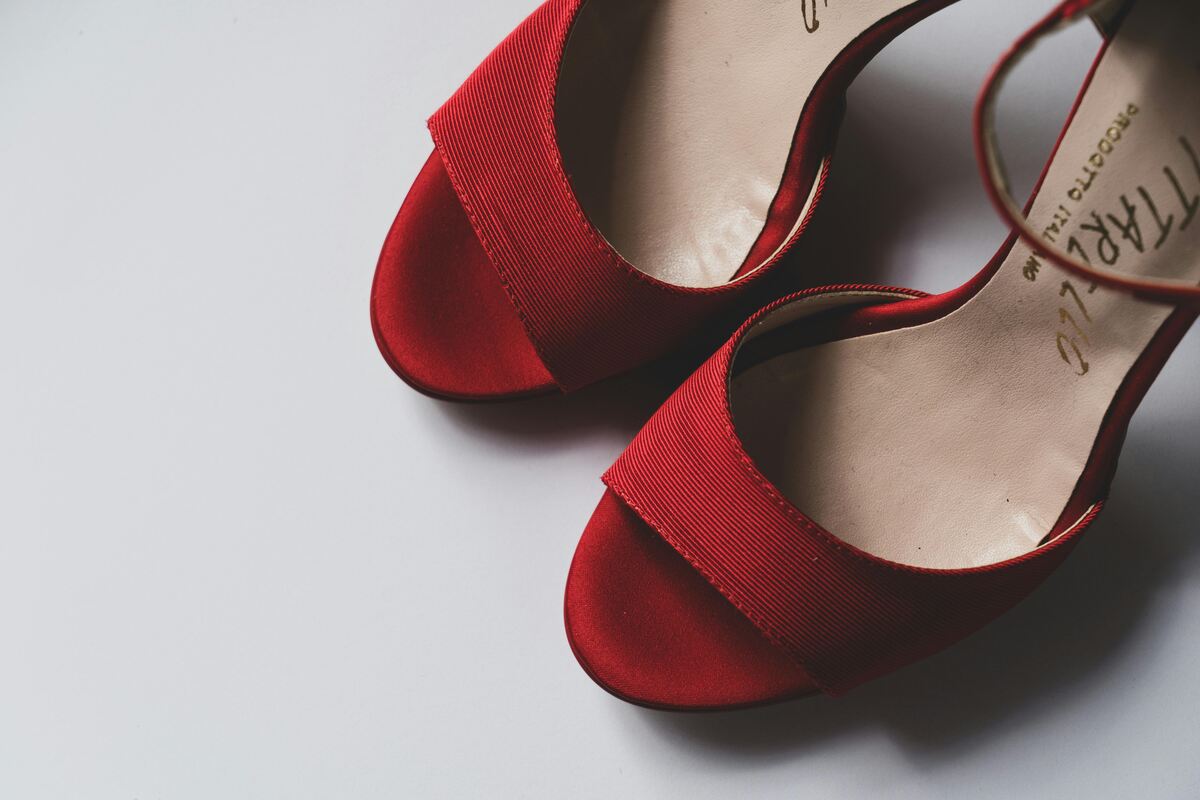Last weekend, we went to Bree’s house.
You’d like Bree. Everyone does. She’s one of those people who manages to be both sharp and soft—who makes you feel like she sees right through you but also holds your hand while she does.
We met in grad school at CIIS—a liberating school on earth, where the air buzzes with every kind of ism and identity you could name. Back then, Bree was known for her soft voice and sharper politics. British, in her fifties, confident in that unshakable way women only seem to earn by walking through decades of life with their eyes wide open.
In class, she’d say things that cut through all the bullshit and landed squarely in the truth.
Everyone listened when Bree spoke.
We still do.
She hosted a sushi-making night at her home in San Francisco—a cozy, softly lit Victorian nestled in a quiet neighborhood that somehow still pulses with the city’s neurotic DNA. We shared life updates, cut cucumbers, rolled rice, and told the kind of stories that only emerge after the second glass of wine.
Then he walked in—her husband. The one we’d only heard about in fragments. The kind of man who moves like music—soft, measured, quiet. British.
The one she met in a London speakeasy two decades ago. And they never really parted since. Married. Moved to the U.S. Two kids.
It’s the kind of love story that doesn’t get made into movies—not because it lacks beauty, but because it lacks drama. No grand gestures. Just the daily grace of partnership: shared grocery lists, inside jokes, mundane routines turned lifelong romance.
When he left the room, we looked at her with some playful envy in our eyes. Ahhh, the British accent!
Bree smiled at us over her sushi and said, “well, there is a price - for him, I gave up wearing heels.” (He’s the same height as she is.)
We laughed. “Bree, you gave up heels for a man!? Where did the feminism go?”
“Well, feminism is feminism,” she said, “and love is love. Feminism can wait.”
Here we go!
This is the kind of wisdom we don't read from books, we practice in life. Bree wasn’t becoming smaller—she was choosing not to loom.
She understood something I often forget:
Whatever we learn is supposed to serve us, not trap us.
That you can be fully yourself and still choose to bend, to drop off some belief systems that outshine us, not because we have to, but because sometimes we need to make room for what truly matters.
I watched her hands fold the nori, the way you imagine someone might wrap a memory.
I thought about how easily we get tangled in our labels—feminist, founder, investor, influencer, leader, hustler, xyz fellow, healer, survivor, breadwinner, "good girl," wife, mother...
We cling to them like credentials.
We wear them like a crown, and then like armor.
We tie our identity so closely to them that it becomes a prison.
In a world that rewards certainty, we learn to brand our stories, anchor our identities, and wear our professional masks as if we know so much more about the human race (and AI).
But here’s the thing about labels:
Sooner or later, they begin to trap you—making everything so certain, so narrow, that your identity and relationships start to mold around them. Until one day, there’s no room left for what truly matters.
You find yourself locked in a tower, surrounded by everything you thought you wanted, and still—confusingly, existentially—lonely.
Bree is different.
Maybe because she grew up without the kind of origin story most of us cling to— She was adopted. She never knew her biological parents. She shared that story once, through tears.
I imagine that kind of mystery creates a lifelong echo of wondering who you are. And maybe—just maybe—it makes you more intentional about who you become.
When there’s no label for your life, you have to define it yourself.
I wonder how many quiet nights she was wondering why she wasn’t kept.
How many times has she decided to make peace with the past.
How often has she looked in the mirror and reminded herself that she is worthy.
And how profound, then, that she found someone who didn’t just stay, but made her feel safe staying too.
The people who say the loudest things rarely leave the deepest impression on me.
It’s the ones with a little uncertainty in their sharing—I've found it extremely attractive.
Their uncertainty is not a sign of doubt, but of depth.
Because once you have lived a little bit of true life, or maybe dipped your toes into reality—or even misplaced your identity once or twice along the way—you’d be mature enough to notice how the loudest people often feel the most uncertain, how certainty can be a mask for fear, and how love, real love, doesn’t ask for proof but for presence.
In that gentle eye contact that says, I am here.
At some point during the night, someone said, “you two look like you’ve been in love for a hundred years.”
And they did. Not the kind of love you post about. But the kind you live in.
Softly. Daily. Without heels.

